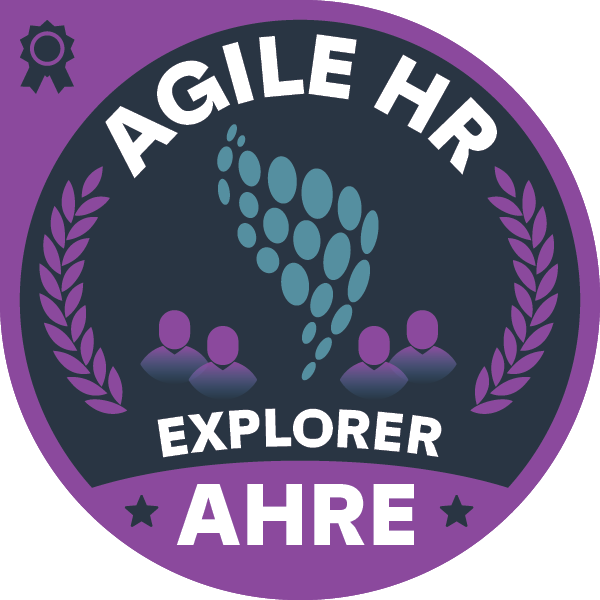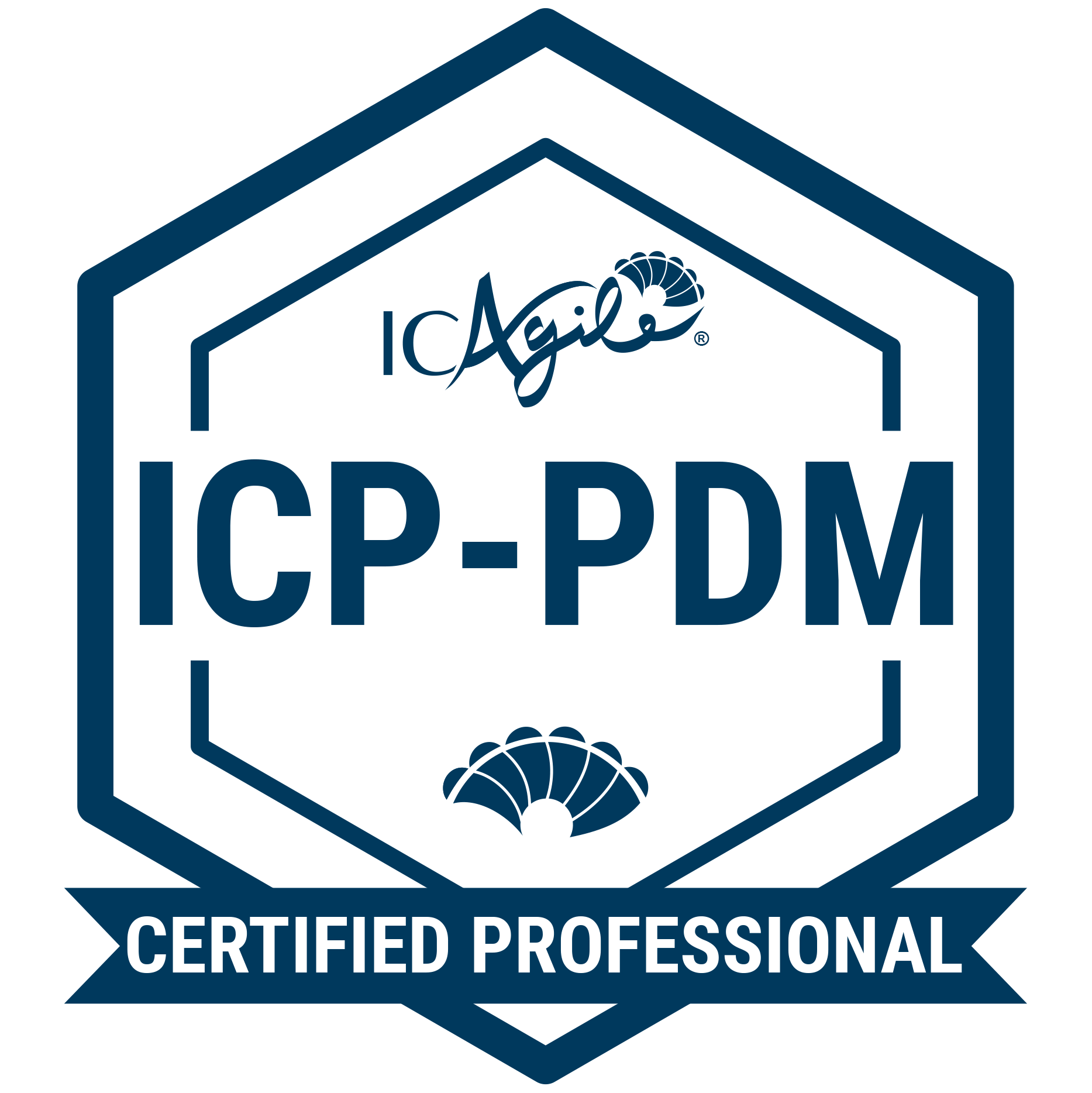Table of Contents
-
Introduction
-
Evolution of AI in product development
-
Use Cases of Product Development
-
Benefits of AI in Product Development
-
Risk of AI in Product Development
-
The Future of AI in Product Development
Artificial intelligence (AI) is rapidly transforming industries, and product development is no exception. The global AI market is projected to reach $1.8 trillion by 2030, growing at a staggering 37.3% from 2023. As AI technologies advance, companies are leveraging them to design, create, and launch products more efficiently and creatively. By integrating AI into product development, businesses gain a competitive edge, drive innovation, and exceed customer expectations. But what does this mean in practice, and where is AI heading in the product development space?
Let’s dive into the evolution, use cases, benefits, risks, and future of AI in product development.
The Evolution of AI in Product Development
The role of AI in product development has evolved significantly over the last few decades. Initially, AI was focused on streamlining repetitive tasks, such as calculations or data entry. Early AI-powered systems like computer-aided design (CAD) allowed engineers to draft designs more efficiently, providing real-time feedback and smarter tools for tasks like stress analysis and collision detection.
By the mid-2010s, AI's capabilities expanded dramatically with the rise of machine learning (ML) and deep learning. These technologies could analyze vast amounts of data, predict real-world product performance, and generate new designs based on specific criteria. Today, large language models (LLMs) like GPT-4 enable companies to access human-like insights for product trends, customer preferences, and market opportunities.
AI’s journey in product development has shifted from simple automation to sophisticated systems capable of driving entire development cycles.
Unsure which certification fits your goals? Use our course finder to find out which Scrum, SAFe®, and DevOps programs are a perfect fit for you.
Click the link below to discover which courses suit you best.
Try Course Finder
Use Cases of AI in Product Development
AI is revolutionizing how companies develop new products. Here are some practical examples of its impact:
Predictive Maintenance
AI algorithms can analyze sensor data to predict equipment failures before they happen. By detecting patterns in machinery performance, businesses can schedule maintenance proactively, reducing downtime and preventing costly repairs. This not only enhances operational efficiency but also optimizes resource allocation.
Product Strategy and Market Research
AI helps companies make data-driven decisions by analyzing market trends, customer preferences, and competitor activity. By harnessing these insights, businesses can develop products that align with market demands, ensuring more successful launches and minimizing the risk of failure.
Design Optimization
Generative AI algorithms are used to explore countless design possibilities, helping designers create innovative, optimized products. This reduces time spent on trial-and-error iterations and improves the chances of producing a successful product from the outset.
Automation in Product Management
AI can automate many of the repetitive tasks in product management, such as demand forecasting and inventory management. By processing large datasets quickly, AI helps managers make more informed, data-backed decisions, improving efficiency throughout the product lifecycle.
Product Security
In an era where cybersecurity is paramount, AI can be deployed to monitor products for security threats. Machine learning models detect potential vulnerabilities or suspicious behavior, safeguarding products against unauthorized access and ensuring they meet security standards.
Benefits of AI in Product Development
The advantages of using AI in product development are numerous. Here are a few key benefits:
-
Enhanced Efficiency: AI automates routine tasks and can process vast amounts of data quickly, reducing human error and accelerating time-to-market. This efficiency allows businesses to respond to market changes faster and remain agile.
-
Data-Driven Decision Making: AI excels at analyzing complex data sets, giving businesses valuable insights into customer behavior, product performance, and market trends. These insights guide decision-making processes, improving the success rate of new product launches.
-
Improved Product Quality: AI tools can simulate product performance under various conditions, identify potential design flaws, and optimize functionality before a product even hits the physical prototyping stage. This leads to higher-quality products with fewer iterations.
-
Personalized Experiences: AI helps businesses understand customer preferences on an individual level, allowing for the development of more personalized products. Personalized product features and tailored recommendations improve customer satisfaction and build brand loyalty.
Risks of AI in Product Development
While AI offers tremendous potential, it’s important to acknowledge the risks:
-
Data Bias and Discrimination: AI systems learn from historical data, which may contain biases. If not addressed, these biases can perpetuate discrimination in product development, leading to unfair or exclusionary outcomes. Ensuring diverse, well-curated datasets is essential for minimizing this risk.
-
Lack of Transparency: AI algorithms, particularly deep learning models, can be complex and difficult to interpret. Without transparency, it can be challenging to understand how or why certain AI-driven decisions are made. This lack of explainability can be problematic in regulated industries or when ethical issues arise.
-
Ethical and Privacy Concerns: AI often requires vast amounts of data to function effectively, raising concerns about user privacy and data security. Businesses must implement strict data protection protocols and ensure they are transparent with users about how their data is being used.
-
Technical Limitations: Despite its power, AI is not infallible. There are still technical challenges, such as false positives, inaccuracies, and vulnerability to cyberattacks. Rigorous testing and ongoing monitoring are crucial to mitigating these risks.
Learn to Manage and Deliver Winning Products with Product Management Certification (ICP-PDM) Training
Join the ICP-PDM course to learn cutting-edge product management techniques that drive success in a competitive market.
Register Today!
The Future of AI in Product Development
As AI continues to evolve, its role in product development will only grow more significant. We can expect advancements in machine learning, natural language processing, computer vision, and robotics, all of which will drive even more sophisticated AI applications.
Looking ahead, AI will empower businesses to:
-
Analyze complex data sets with even greater precision
-
Automate more aspects of product development, from ideation to launch
-
Design highly personalized products tailored to individual customer needs
-
Enhance collaboration across cross-functional teams through AI-powered tools
However, to fully realize the potential of AI, businesses must also address ethical concerns, invest in AI expertise, and ensure responsible AI deployment.
Conclusion
AI is transforming product development by enabling faster, smarter, and more efficient processes. From predictive maintenance and design optimization to personalized experiences, AI offers numerous opportunities to innovate and improve the way companies bring products to market. As AI continues to advance, businesses that harness its power will stay ahead of the competition and create the products of tomorrow. But to unlock AI's full potential, it's crucial to navigate its risks thoughtfully, ensuring that AI technologies are deployed ethically and transparently.






























































































